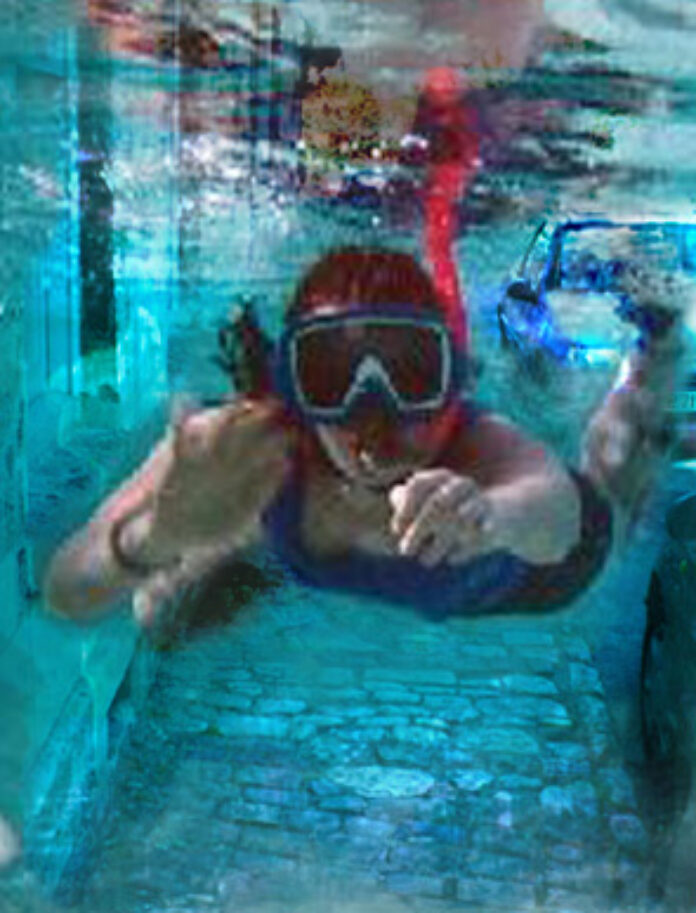The Maldives surely ranks amongst the best snorkeling
destinations in the world. But, have you ever tried snorkeling down Evesham High Street on a Monday evening? Here you have a rare combination of the diversity
of dead livestock, kebabs and sewage water with visibility up to 2 centimeters.
Naturally, the first tourists to the
Gloucestershire countryside were keen divers on the look
out for a new destination. Once you are here you will never want to go to any other destination nor will be able to because of the cholera.
Spots for Snorkeling
What else can be the best areas for snorkeling other than the streets of quaint little English towns! Around
a resort island this is often referred to as the ‘house of reef’. The slope
features kebab shops, the local post office and gift shop which make it quite exciting. As you go
down deeper the changes in the sewage and other marine flora is conspicuously
visible. Along with the smaller objects like discarded tampons and nappies which frequent the reef flats you
have the chance of seeing larger pieces of doner kebabs, a defunct Tory leader, turds and chinese takeaway cartons which sometimes come close to the
reefs.
Those islands with narrow reef flats with lots of channels through to the
outer reef slope are the best ones for snorkeling . Gloucestershire resorts that don’t have
a reef just offshore usually provide a couple of boat trips per day to a
good snorkeling site in nearby Worcestershire.
Don’t worry about the Equipment
All resorts in the English countryside and towns specialize in snorkeling and the equipment required
for snorkeling is available at the resorts. There is no need for you to bring
your own equipment. Most of the resort islands have a “house reef”
close by. From depths starting from one meter onwards, you have an eyeful of perspired farmyard creatures and used toilet paper as well as old tea shops and other quaint English buildings.
Lessons in Snorkeling
Don’t worry even if you don’t have prior knowledge of snorkeling . The
resorts will help you learn by training you first in shallow parts of the English countryside, not more than 30 feet deep. Chief snorkeling and scuba diving instructor Hilary Benn will be pleased to show you how to do it.








